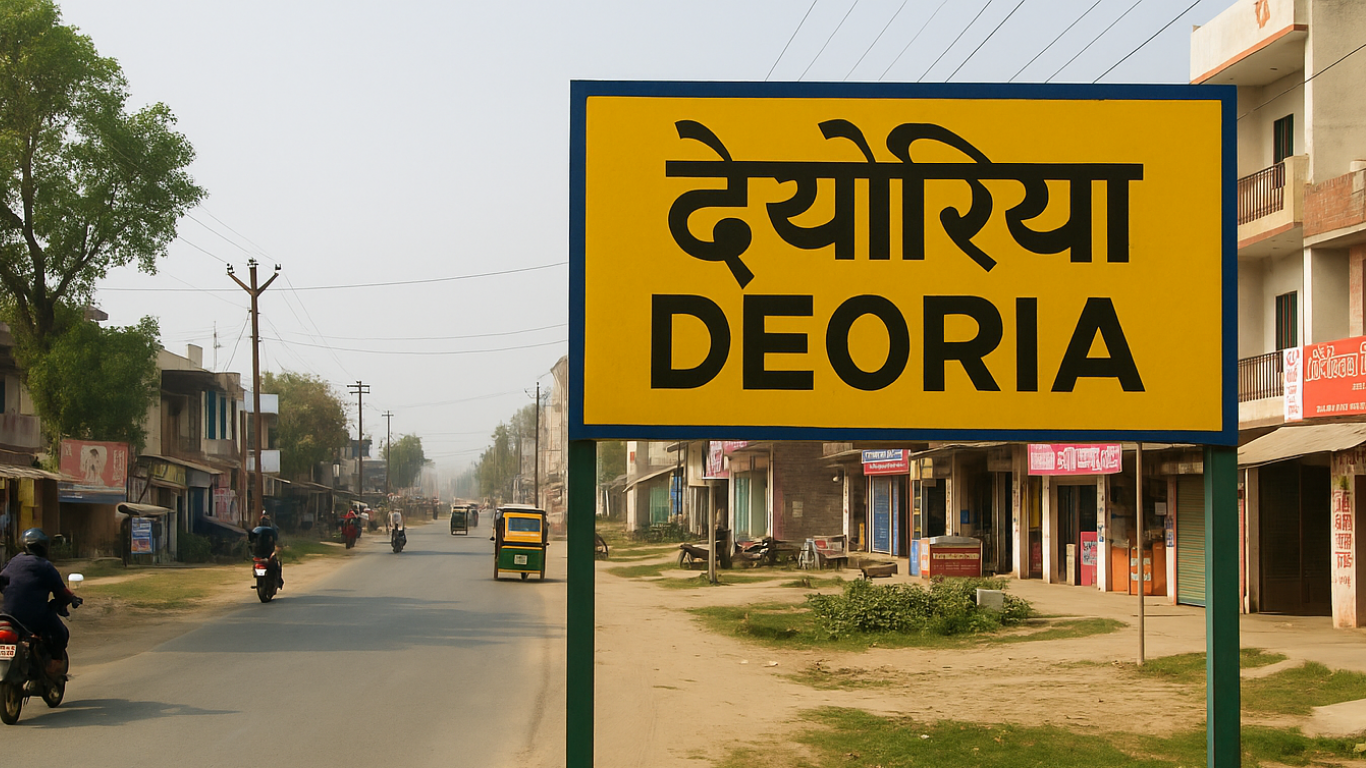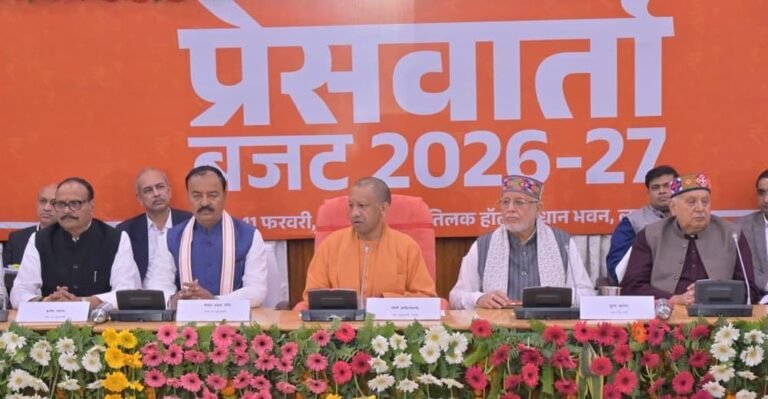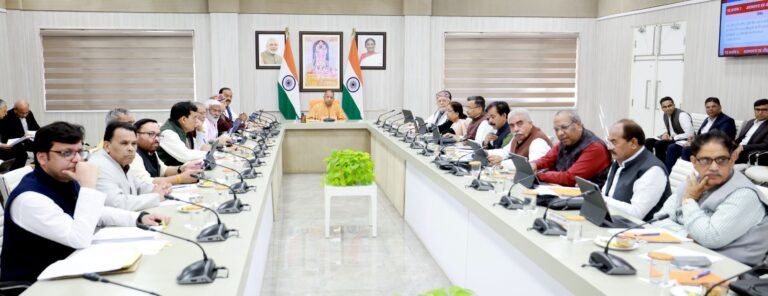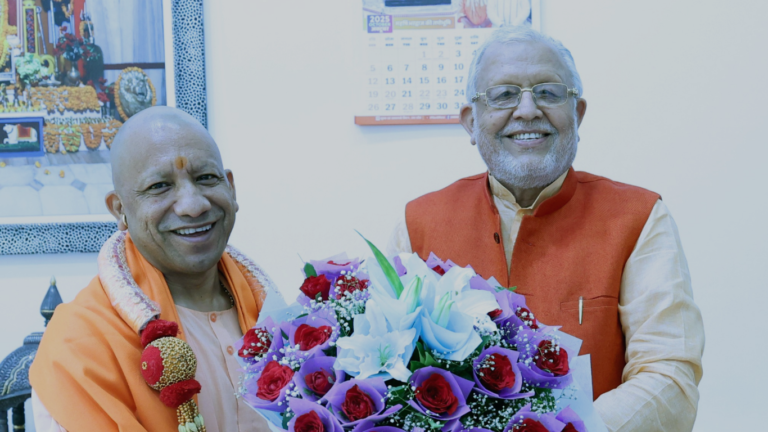
Deoria is a district and town located in the eastern part of Uttar Pradesh. It lies close to the borders of Bihar and is around 50 km from the city of Gorakhpur. Deoria may not be in the spotlight like bigger cities, but it holds deep cultural value and a lifestyle that reflects the real rural soul of India. The name “Deoria” is believed to have come from the word “Devaranya,” meaning “forest of gods,” which shows how ancient the place is.
With a blend of spirituality, local tradition, and slow-paced living, Deoria is a peaceful destination for those who want to see authentic village life and experience the warmth of local communities. It is surrounded by rivers, farms, temples, and small towns, making it rich in natural and spiritual charm.
A Land Rooted in History and Beliefs
The roots of Deoria go deep into ancient history. Many believe that the area has connections to the time of the Ramayana and Mahabharata. It is said that saints and sages used to meditate in the forests of this region. Over time, these forests developed into small settlements, which eventually formed the Deoria we know today.
Historically, Deoria was part of the Kushinagar district. It later became a separate district in 1946. The region has seen the rise and fall of many rulers, including the Mauryas, Guptas, and Mughals. These rulers left behind not just stories, but also architecture and cultural practices that still live on in local traditions.
Even today, you can see the influence of history in the fairs, temples, and folk songs that people sing during festivals. Elderly residents often talk about ancient tales passed down through generations, giving the district its own unique storytelling heritage.
Spiritual Places and Local Temples
Deoria is home to many small but significant temples that attract pilgrims from nearby areas. One of the most visited is the Durga Mandir in the town center. During Navratri, the temple sees thousands of devotees offering prayers and participating in local fairs.
Another peaceful spiritual spot is the Deoraha Baba Ashram, located on the banks of the Ghaghara River. This place is known for its calm atmosphere and spiritual importance among local devotees.
These temples are not just places of worship—they are also spaces where people gather, share stories, and celebrate life events. Whether it’s a wedding, birth ceremony, or a religious fast, temples in Deoria form the heart of the community.
Agriculture – The Backbone of Life in Deoria
Agriculture is the main livelihood of people living in Deoria. The land here is fertile due to the presence of rivers like Ghaghara and Rapti, which make farming possible throughout the year. Crops like wheat, rice, mustard, and sugarcane are commonly grown here.
Most families own small pieces of land and work together on their farms. You’ll often see scenes of bullock carts, tractors, and women working in the fields. The sight of green paddy fields and golden wheat during harvest season is something truly heartwarming.
Besides farming, dairy and poultry also support many households. Weekly village markets or haats are popular for selling fresh produce, desi ghee, and handmade goods. These markets are not just for shopping—they’re places where people meet, talk, and stay connected with each other’s lives.
Education and Growing Awareness
Over the years, Deoria has seen a rise in awareness about education. More and more families are sending their children to schools and colleges, hoping for a brighter future. Government schools, private institutions, and coaching centers are growing in number.
Many students from villages travel to Deoria town daily to attend classes. Some even move to nearby cities like Gorakhpur or Varanasi for higher studies. Despite challenges, there is a strong desire among parents to educate their children and give them better opportunities.
NGOs and local leaders are also encouraging girl child education, health awareness, and digital learning. Change may be slow, but it is steady and visible in today’s Deoria.
Life in Deoria – Simple, Close-Knit, and Rooted
Life in Deoria is peaceful and rooted in strong social values. People here live in joint families, celebrate festivals together, and rely on each other for support. Whether it’s Holi, Diwali, Chhath Puja, or Eid, every festival is celebrated with full heart and joy.
The local food is simple but delicious—dishes like baati-chokha, poori-aloo, and homemade sweets like balushahi are common. Evenings are often spent chatting in courtyards, visiting neighbors, or watching children play outside.
Though the town may not have malls or multiplexes, it offers something far more special—community, simplicity, and belonging. That’s what makes Deoria a place worth knowing and remembering.



